
For a change, here is some very good news coming from several fronts. "It’s almost like science fiction, but it’s real."

For a change, here is some very good news coming from several fronts. "It’s almost like science fiction, but it’s real."
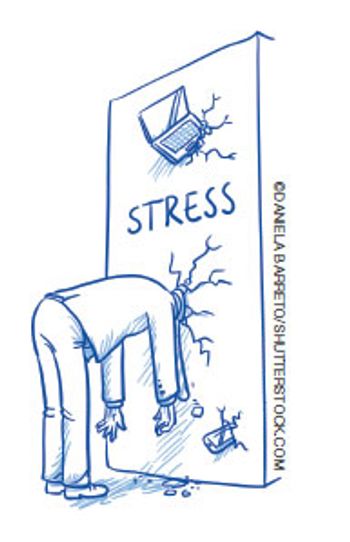
We psychiatrists are best equipped to design and participate in programs to help diminish workplace triggers for burnout. And, even more important, we are well equipped to recognize signs of burnout in ourselves.
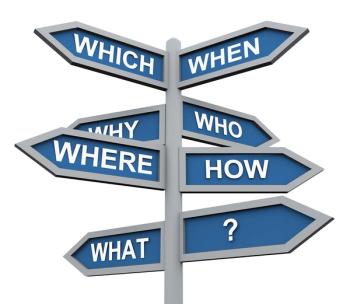
As 2015 comes to an end, here's what psychiatry can -- and can't -- bring to the table, especially when it comes to acts of terrorism.

What is behind the glaring lack of controls over prescription drug costs, even for everyday medications?
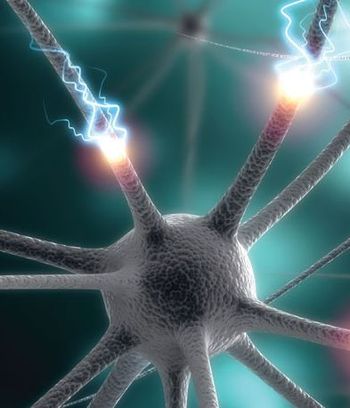
The Editor in Chief of Psychiatric Times discusses some of our new initiatives to bring readers the most up-to-date information in the field of psychiatry.

Don't miss the June 28th issue of the New York Times magazine with a special series on psychiatric issues that illustrate for general readers some of the most important - and exciting - advances in our field.
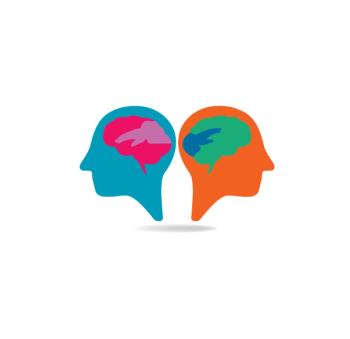
To some external observers, it may seem like psychiatrists just go through the complicated mechanics of making a diagnosis, developing a treatment plan, and prescribing needed interventions. But there is so much more to it.
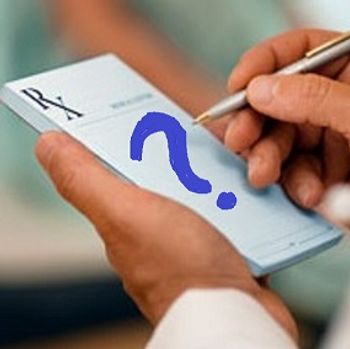
Many of us are seeing patients who have been prescribed potentially addicting medication by another physician, and our level of vigilance needs to be high.

College mental health is not just a matter of identifying problems but also of creating a community of students, families, friends, mental health professionals, faculty advisors, and many others to help students gain psychological resiliency.

In his Editorial, Dr Allan Tasman reflects on a recent meeting he attended in Asia and considers the implications for psychiatric service planning in the US.

Here's how a single question I don't normally ask changed the course of one patient's life. The story highlights how widespread the effects of violence are.

Violent intolerance seems to be on the rise, and psychiatrists must contribute more of our understanding about the origins of these problems, and to development of solutions to reverse these trends.
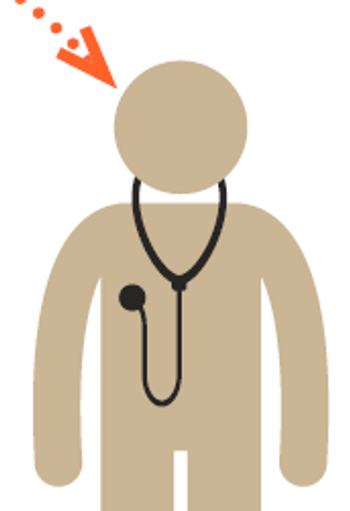
Everyone who has ever billed a third party for psychiatric care knows that lack of “medical necessity” is the catch phrase used throughout the insurance industry to deny care that the clinician who has actually evaluated the patient has determined is needed.

I had planned to make this month’s column about the best 10 advances in psychiatry during 2014. While some things changed for the better for our patients and their families-and our profession-I’ve been having a hard time with my list.

We need to join forces with our natural allies: the patients we treat and their families, as well as government, community, and business leaders, to make addressing the impact of violence and abuse one of our highest public health priorities.

Advances in psychiatric research, spanning the entire spectrum of biological, psychological, and social aspects of mental processes and functions, have transformed the field of psychiatry. More in this inaugural piece by Psychiatric Times' Editor in Chief.

The aggregation of psychiatric diagnoses in individual psychiatric patients, ie, the presence of multiple disorders in one individual, is a curious and sometimes disturbing observation in psychiatry.

Driven by a wave of neuroscientific advances, no area in the field of psychiatry has grown more explosively in the past few decades than psychopharmacological practice.